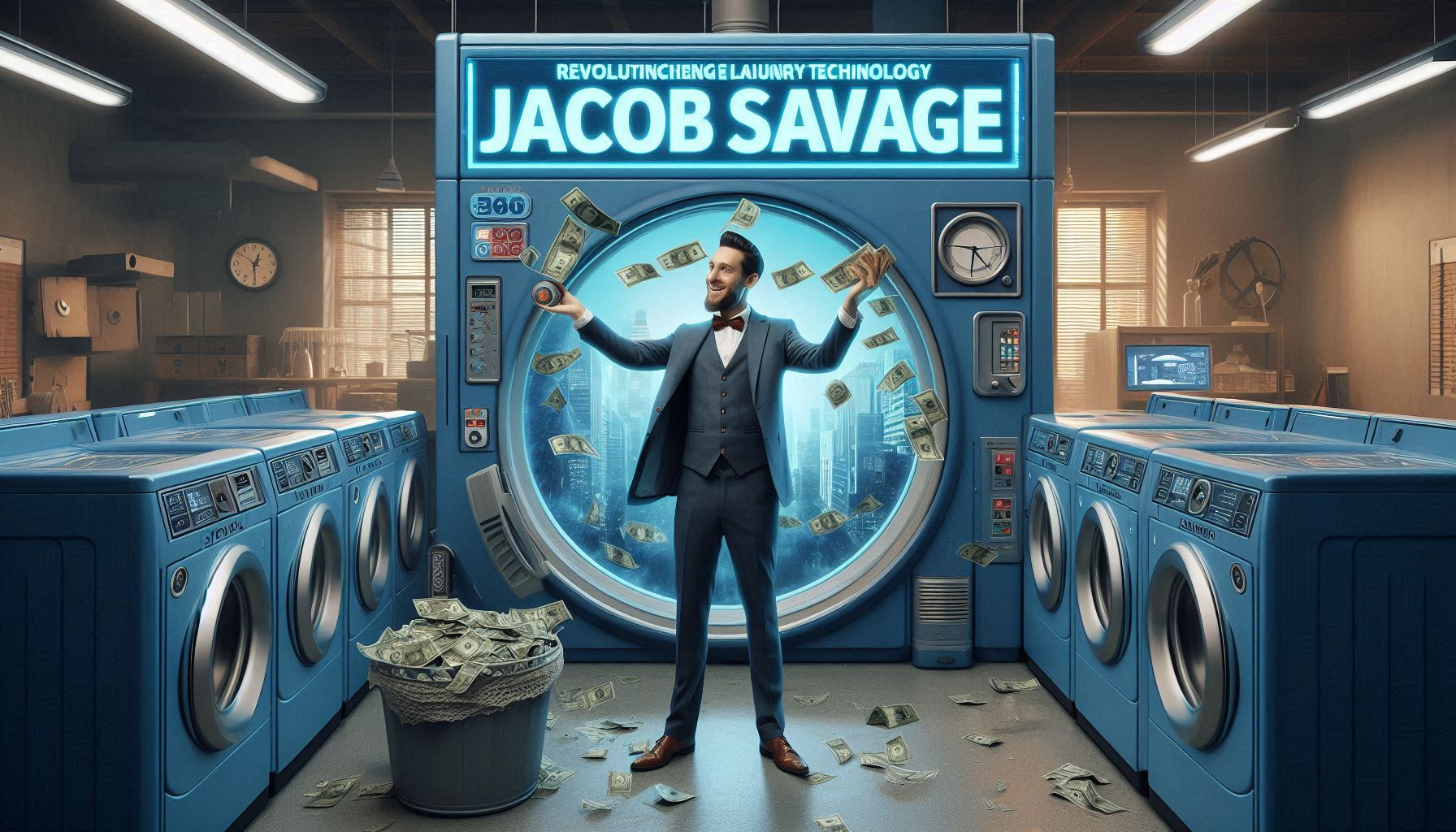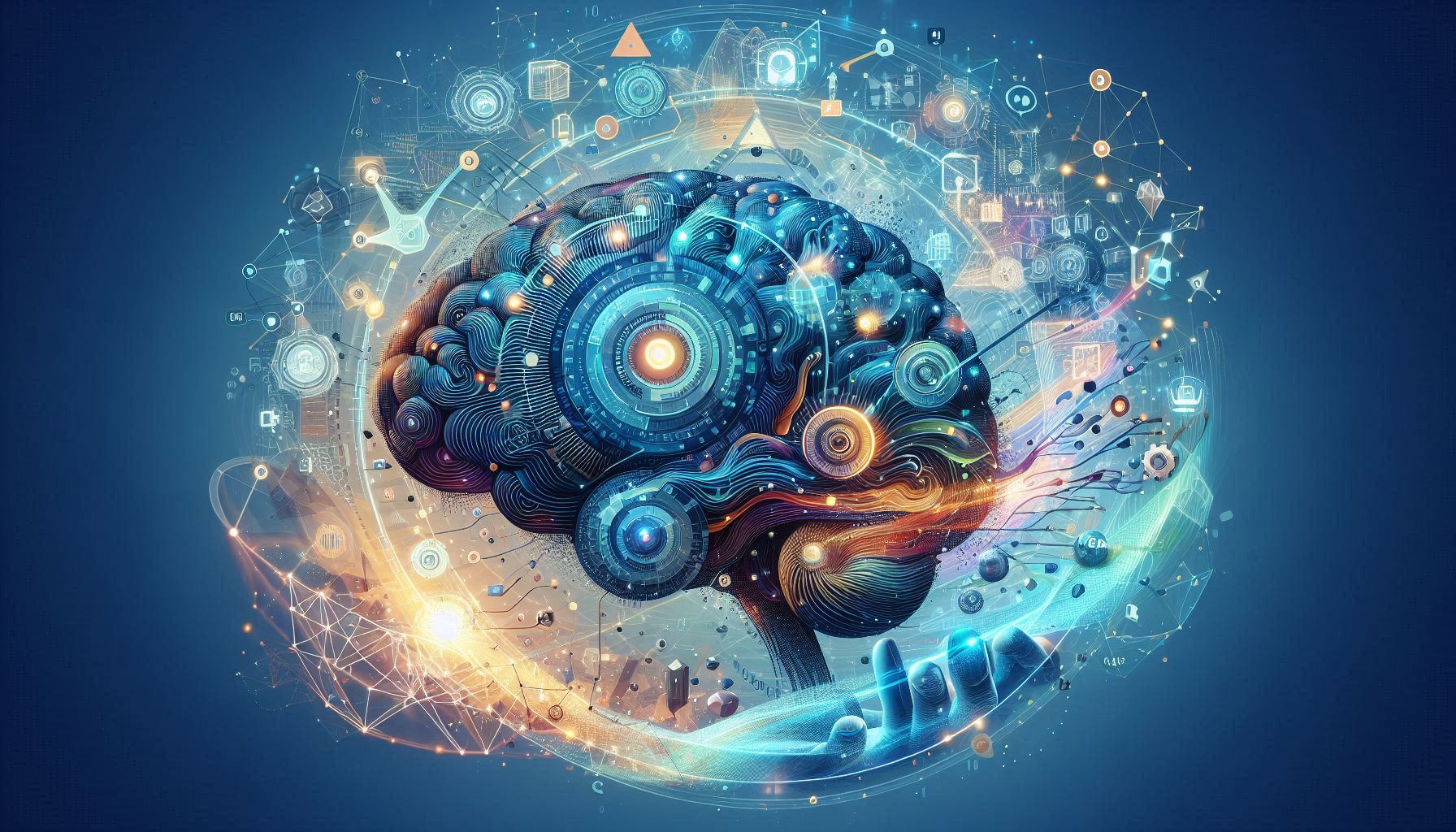In today’s very digitized world, numbers define what we live. These seemingly random sequences of numbers and identification codes are important—they unlock doorways, carry digital keys, activate passwords, and pop into texts and phone calls. Of these, however, one number, 6463276197 looks like just a string of digits. However, when you look closer, it begins to help us understand how numbers control our society today.
Numbers in the Digital Age
Numbers in the digital era are identifiers, connectors, and gatekeepers. Imagine what phone numbers look like, like 6463276197. This 10-digit sequence could have been any New York-based phone number or gateway to connect those who were involved in a conversation, business, or community. With its area code, 646, immediately identified with the cultural and financial hub of Manhattan, the remaining digits can belong to a person or an organization.
These are more than numbers to communicate, they are integral to our social fabric. They’re used to:
- Facilitate communication: Individuals are linked by phone numbers and the building of relationships over great distances.
- Establish identity: Location, affiliation, or even socioeconomic status can also be represented by a number.
- Enhance security: Numbers protect our sensitive data as codes and identifiers, they keep our information private.
The Cultural and Economic Weight of 646
By serving as the area code 646, a symbol of New York dynamism is created. First issued in 1999 to relieve 212 area code saturation, the code is often applied to new businesses or individuals with mobile numbers in Manhattan. A 646 number is synonymous with New York’s roaring economic ecosystem, and businesses use it to convey the prestigious image of working in the fifth biggest economy in the world, from tech startups to boutique agencies.
A 646 number can mean urban sophistication and connectivity for individuals. A badge of association with one of the world’s most vibrant cities, it is not just a sequence of numbers.
Numbers and Security: Deciphering 6463276197
In our world connected Numbers such as 6463276197 become a key to reach other people. Beyond phone numbers, similar sequences might function as:
- Authentication tools: OTP (One Time Password), for verifying our identity in our digital transactions.
- Tracking IDs: Logistics package numbers (or order numbers) are numbers.
- User identifiers: They are unique codes that serve as a means to access your apps, account, or device.
Good thing that such numbers exist that can guarantee a smooth and safe experience. Encryption systems, financial transactions, and online privacy depend heavily on them.
The Psychology of Numbers
Numbers have a long history with humans. For example, some sequences have a certain structure or rhythm, like 6463276197, that will be curious or memorable. As psychologists have long observed how people give numbers meanings, with cultural, emotional, or aesthetic associations with particular combinations.
For instance:
- So when it’s about phone numbers, it could mean connection and trust.
- Code could refer to security and exclusivity as a code.
How we respond to numbers is how we deal with numbers in day-to-day life: while deciding whether we should trust the phone number or create a password.
Read More: How AI-Powered Applications for Otoscope Image Analysis are Changing Diagnostics
The Role of Numbers in Business and Marketing
Numbers are more and more being used by businesses for branding and strategy. They use vanity numbers which are custom phone numbers that can spell out words or patterns to make them memorable. Though not immediately striking, 6463276197 can be an important part of a company’s marketing mix.
For example:
- Customers might remember you for a memorable phone number.
- In a competitive market, such as Manhattan, numbers are a great way to give some degree of reliability and professionalism.
Future Implications of Numbers in Society
With time, technology drives numbers up even higher. Numerical systems are at the foundation of everything from artificial intelligence to blockchain. The smart cities, global commerce, and digital identity framework demarcations of these sequences may go beyond what they are at the moment, and instead become parts of bigger and more complex systems of catalogs.
Consider these emerging trends:
- Digital Identity: Decentralized systems where numbers act as personal identifiers while ensuring privacy and security.
- IoT (Internet of Things): Communicates seamlessly on unique numerical identifiers.
- Big Data: Used for driving analytics and decision-making in industries such as healthcare, finance, and urban planning.
Conclusion
At first glance, 6463276197 may seem an arbitrary number, but it proves just how important numbers have become in our modern society. The backbone of our digital lives is made up of numbers from their cultural significance to their practical applications. With the continuing innovation and inclusion of technology into every aspect of life, it is becoming more and more important to understand and appreciate the worth of numerical sequences.
Next time you come across a number such as 6463276197 put a moment’s thought in it. This isn’t just some random string of digits, but a symbol of connectivity, identity, and progress in the ever-evolving land of humans communicating.







